7 GPTs for Tool Creation Powered by AI for Free of 2026
AI GPTs for Tool Creation refer to advanced generative pre-trained transformer models specifically designed or adapted to facilitate the development, customization, and optimization of tools across various domains. These AI-driven platforms harness the power of natural language processing and machine learning to understand and execute tasks related to tool creation, making them invaluable for automating processes, enhancing productivity, and fostering innovation. By leveraging GPTs, users can create tailored solutions that meet specific needs within the Tool Creation label, from simple utility scripts to complex software applications.
Top 7 GPTs for Tool Creation are: Blender Addon/Plugin Developer,MaxScript Expert 2023,3D Print Master,Swarm Agent Chatbot,Super App Designer Nappy,GPT Builder Builder,GPT Customizer
Blender Addon/Plugin Developer
Simplifying Blender Addon Creation with AI
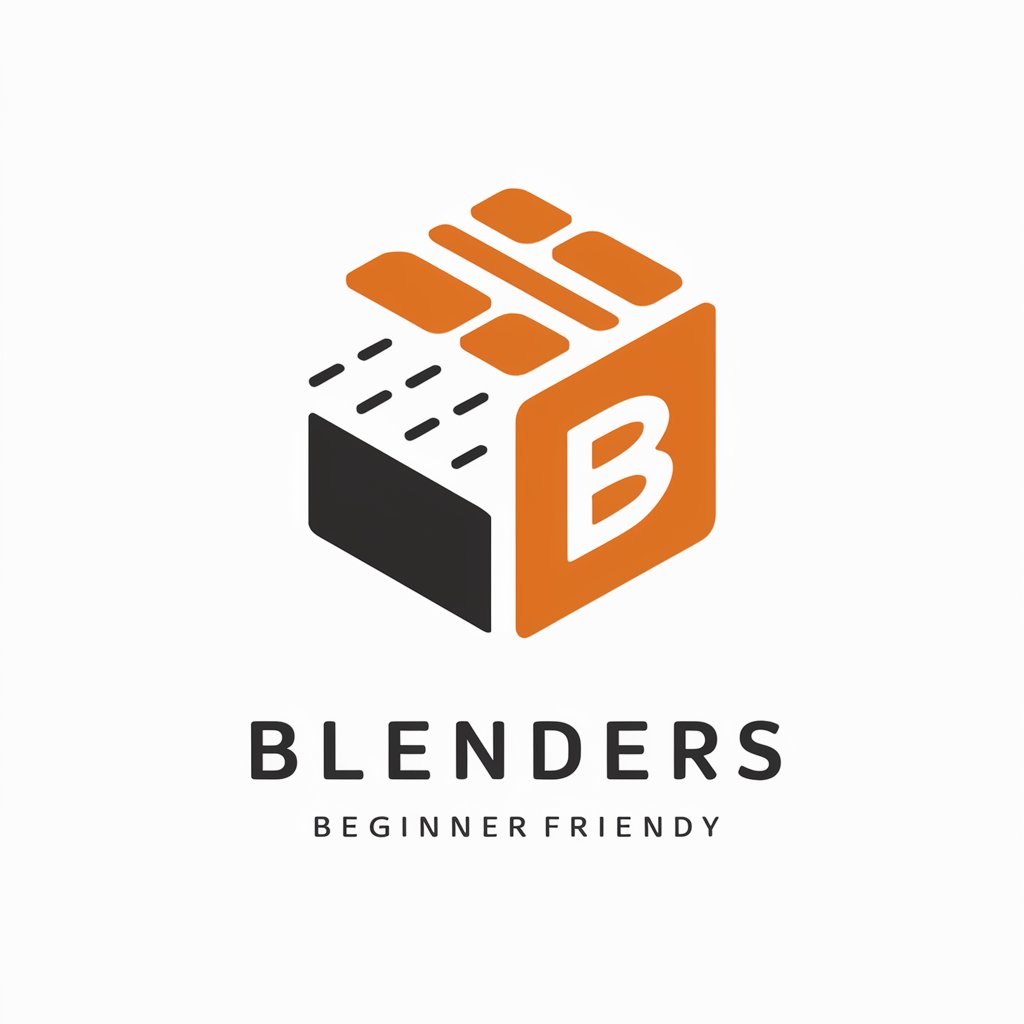
MaxScript Expert 2023
Empowering 3D scripting with AI
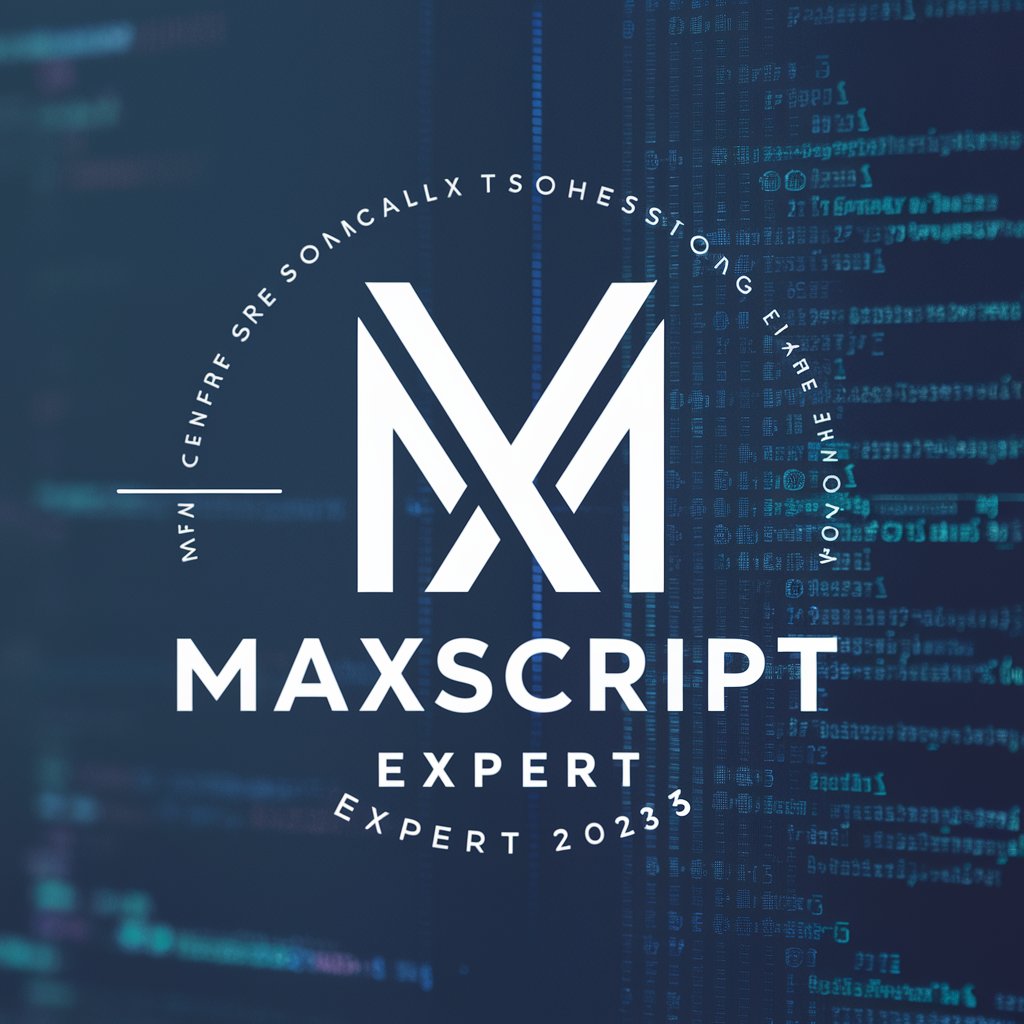
3D Print Master
Empowering Creativity with AI-Driven 3D Printing

Swarm Agent Chatbot
Harness AI Power for Efficient Agency Management
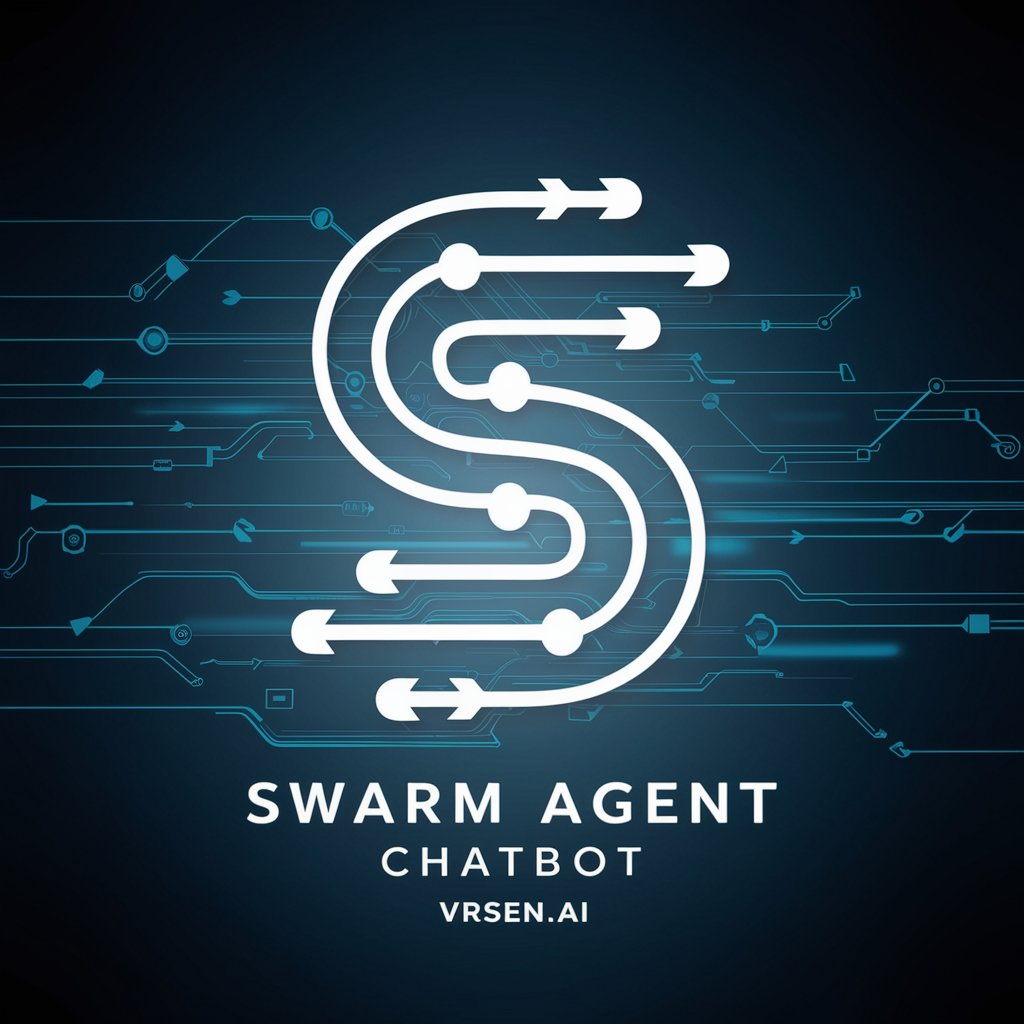
Super App Designer Nappy
Empowering Your Ideas with AI
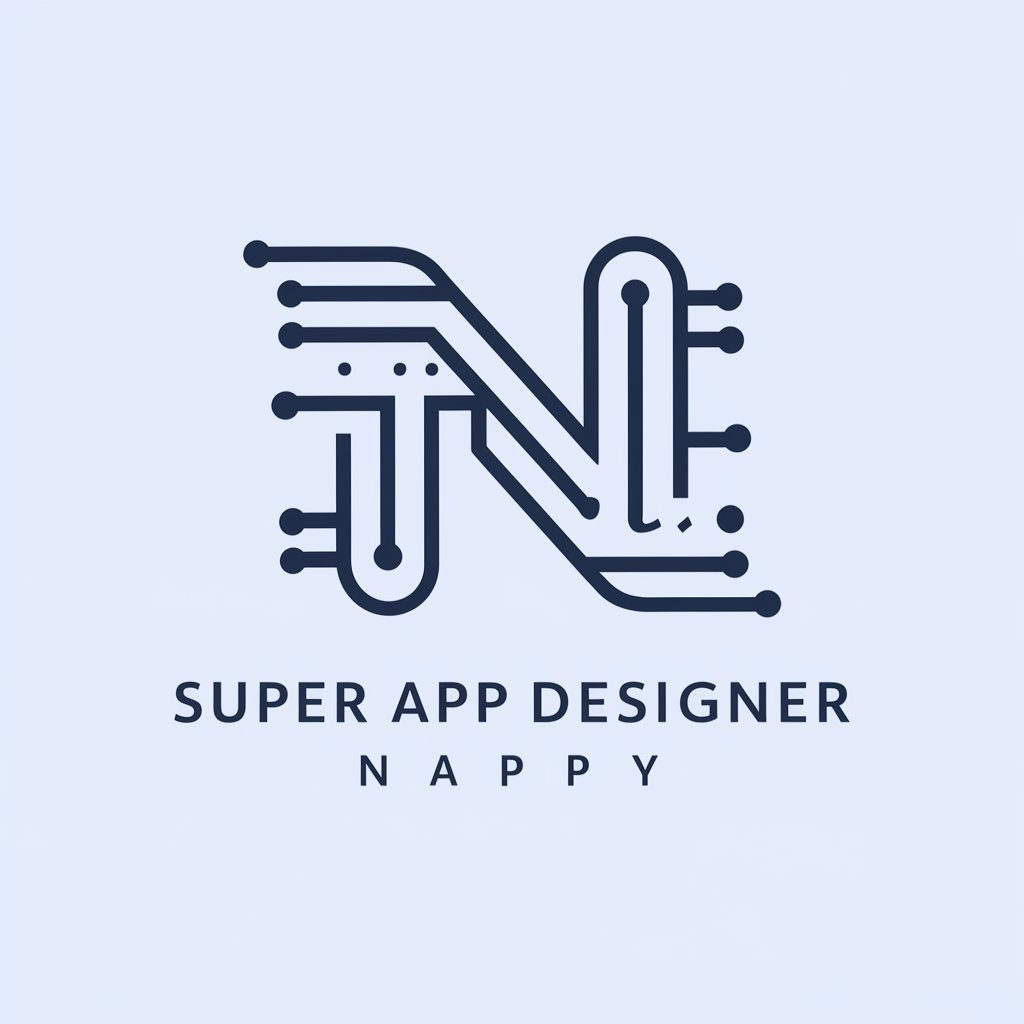
GPT Builder Builder
Igniting Ideas with AI Creativity
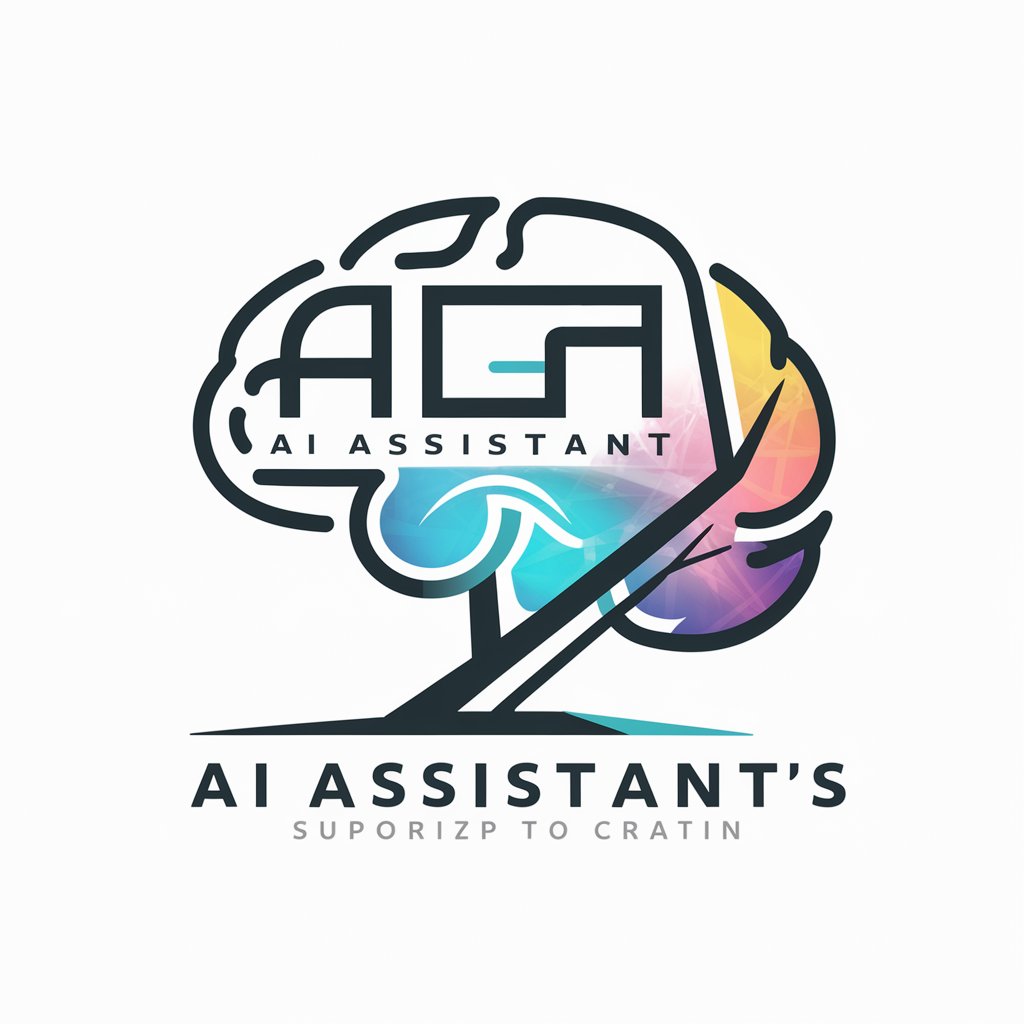
GPT Customizer
Craft Tailored AI Instructions Effortlessly
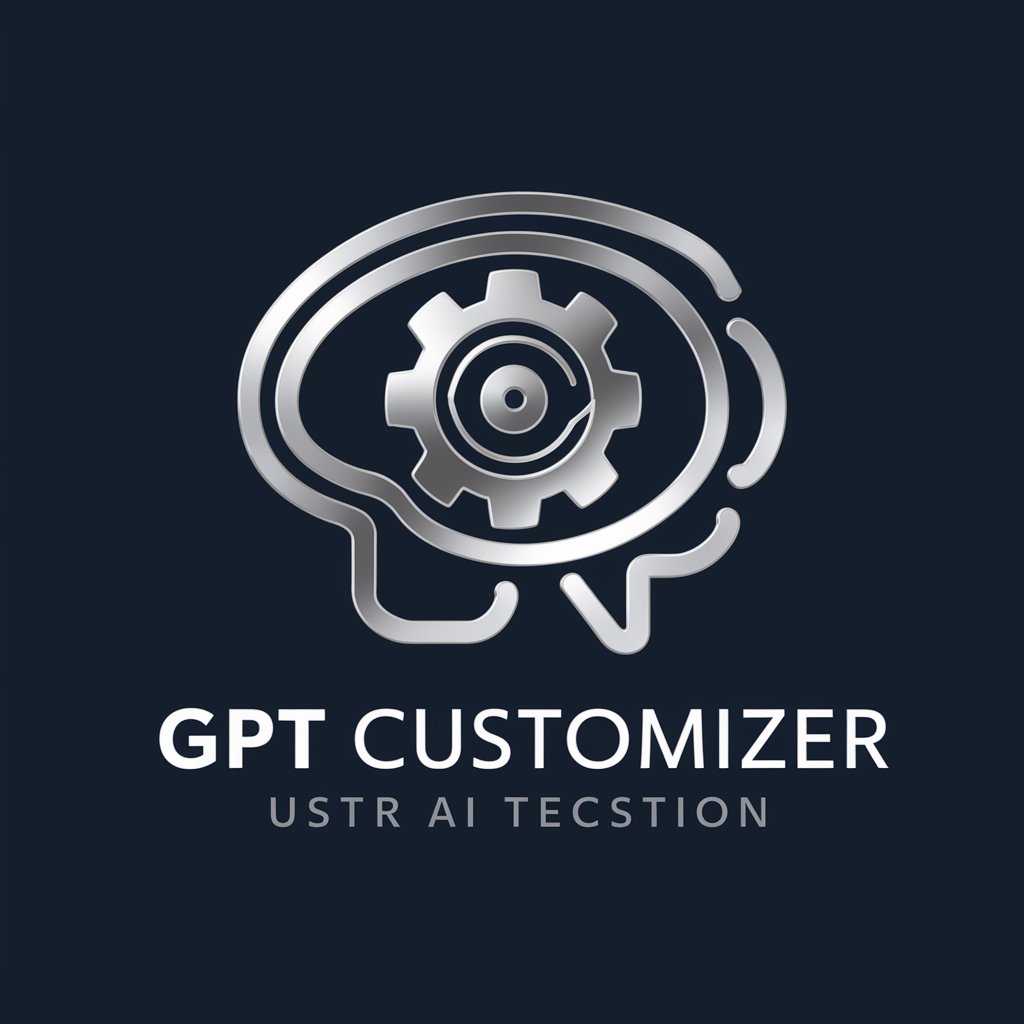
Key Attributes and Functionalities
AI GPTs for Tool Creation boast a range of unique features that cater to the diverse needs of tool development. These include advanced language understanding for interpreting and executing tool-related commands, adaptability to various programming languages for seamless tool integration, and the ability to learn from user interactions to improve over time. Specialized capabilities may also encompass technical support for debugging, web searching for gathering information, image creation for UI/UX design, and data analysis for tool optimization. These features enable GPTs to support a wide spectrum of tool creation tasks, from ideation to deployment.
Who Benefits from AI GPTs in Tool Creation?
The primary beneficiaries of AI GPTs for Tool Creation include novices seeking to explore tool development, developers aiming to streamline their workflows, and professionals in various fields looking for customized tool solutions. These tools are particularly accessible to individuals without extensive coding skills, offering intuitive interfaces and guidance. Simultaneously, they provide robust customization options for experienced programmers, making them versatile assets in the tool creation arsenal.
Try Our other AI GPTs tools for Free
Writing Visualization
Revolutionize your writing with AI GPTs for Writing Visualization – tools designed to transform text into engaging visuals, making complex content easily understandable and visually appealing.
Media Storyboarding
Explore AI GPT tools for Media Storyboarding, designed to transform narrative ideas into visual sequences, enhancing the media production process.
Research Imagery
Discover AI GPTs for Research Imagery, the cutting-edge tools transforming image analysis in research with innovative AI technology. Enhance your research with tailored solutions.
Message Exchange
Discover how AI GPTs for Message Exchange transform communication with intelligent, context-aware solutions for efficient and creative interactions.
Document Encryption
Discover how AI GPTs for Document Encryption utilize advanced AI to provide tailored, secure solutions for protecting your digital documents against unauthorized access.
Story Assistant
Discover how AI GPTs for Story Assistant revolutionize storytelling with their ability to generate creative content, offering a blend of adaptability, innovation, and ease of use for storytellers of all skill levels.
Expanding the Horizon with AI GPTs
AI GPTs for Tool Creation represent a paradigm shift in how tools are developed and optimized. With their user-friendly interfaces, they democratize access to advanced tool creation, enabling users from various backgrounds to innovate and solve problems. Moreover, their integration capabilities allow for seamless incorporation into existing systems, enhancing workflows and productivity across sectors. The adaptability of GPTs ensures that tools can evolve with the needs of their users, marking a significant advancement in the field of tool creation.
Frequently Asked Questions
What exactly are AI GPTs for Tool Creation?
AI GPTs for Tool Creation are sophisticated AI models that facilitate the design, customization, and enhancement of tools through natural language processing and machine learning.
How do these tools adapt to different programming languages?
They leverage advanced machine learning techniques to understand and generate code in multiple programming languages, ensuring compatibility and ease of integration with existing projects.
Can non-programmers use these AI GPTs effectively?
Yes, these tools are designed with user-friendly interfaces that guide non-programmers through the tool creation process, making advanced tool development accessible to all.
What kind of tool-related tasks can AI GPTs perform?
From generating code snippets and automating repetitive tasks to providing technical support and performing data analysis, AI GPTs can handle a wide range of activities involved in tool creation.
Are there customization options for experienced developers?
Absolutely, experienced developers can leverage the tool's capabilities to create highly customized and complex tools, benefiting from the AI's adaptability and learning capabilities.
How do AI GPTs learn and improve over time?
These tools continuously learn from interactions and feedback, using this data to refine their understanding and improve their performance in tool creation tasks.
Can AI GPTs integrate with existing workflows or systems?
Yes, they are designed to be flexible and adaptable, allowing for easy integration with existing workflows or systems to enhance productivity and efficiency.
What makes AI GPTs different from traditional tool development methods?
AI GPTs streamline the tool creation process through automation, advanced learning capabilities, and adaptability to user needs, offering a more efficient and user-friendly approach than traditional methods.